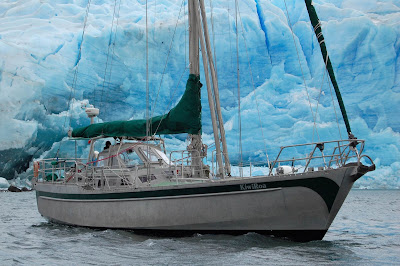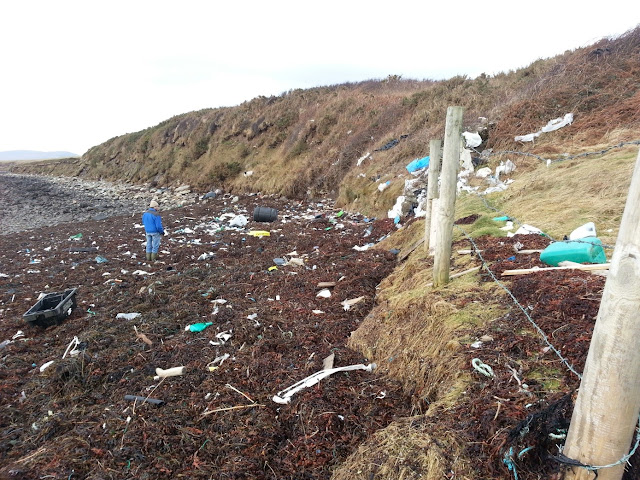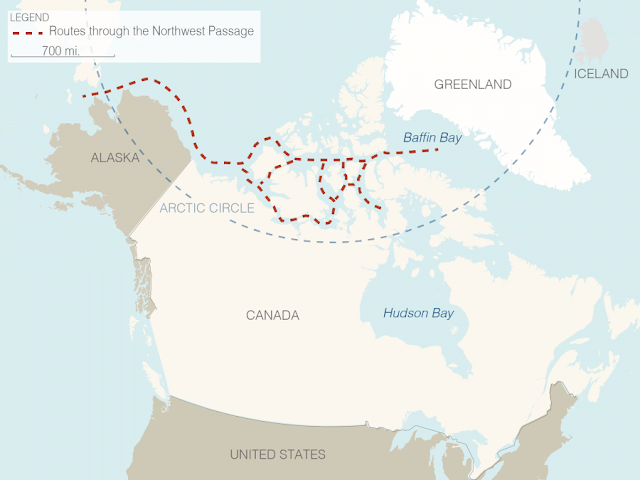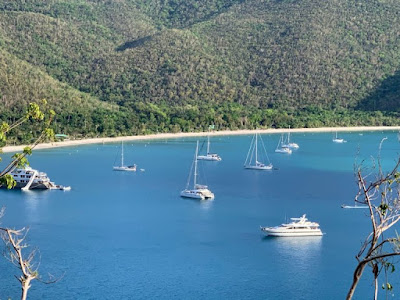Kiwi Roa (Photo from Peter Smith’s website) On August 24, it was reported that Peter Smith's yacht Kiwi Roa was spotted entering the Northwest Passage around August 20 without the permission of the Canadian government. His contention was that the NW Passage is international waters and, therefore, not under Canada's jurisdiction. The Canadian government had earlier put vague restrictions on anyone attempting a passage. Though they stipulated that the right of innocent passage remained in effect, they had turned two yachts away after they had been given permission and had sailed long distances to get there. New Zealander Peter Smith, boatbuilder and inventor of the Rocna anchor, has been sailing around the world on the custom-built 52-foot adventure vessel Kiwi Roa for 26 years. High latitudes have attracted him but the NW Passage has eluded him...until now. He had attempted last year but didn't make it as it was a bad year for ice. It appears that, in the year of the pande...





